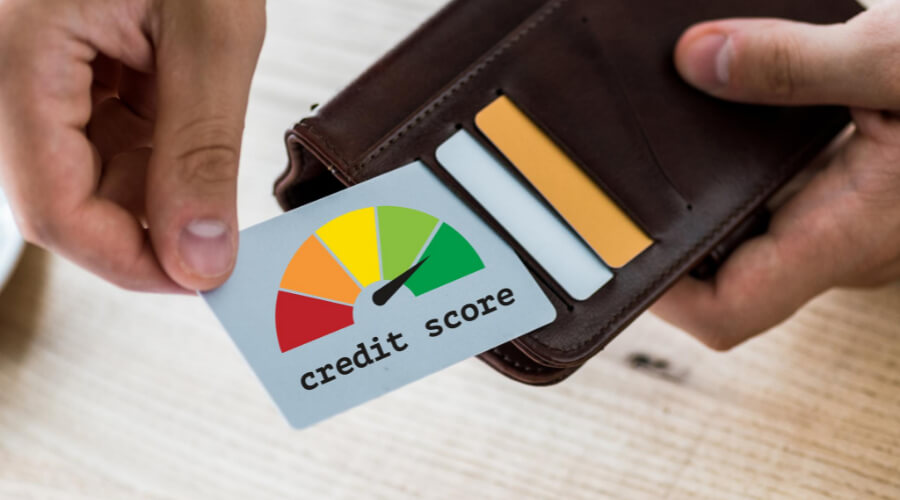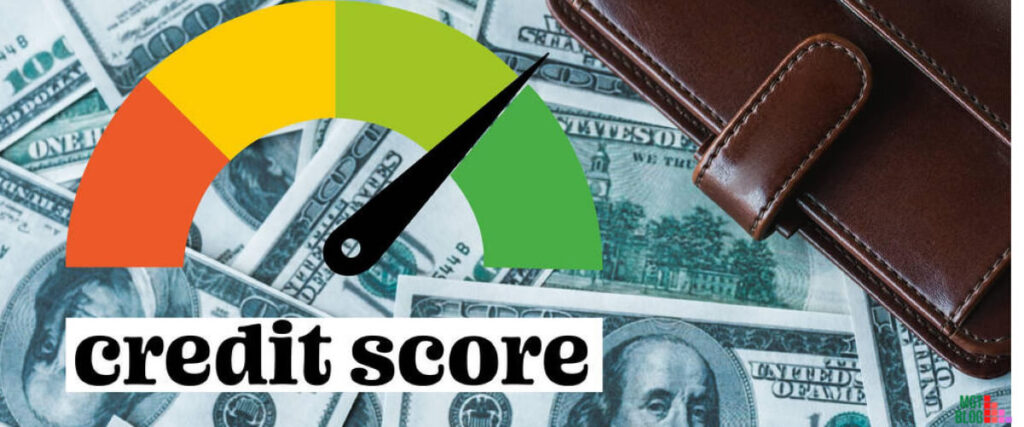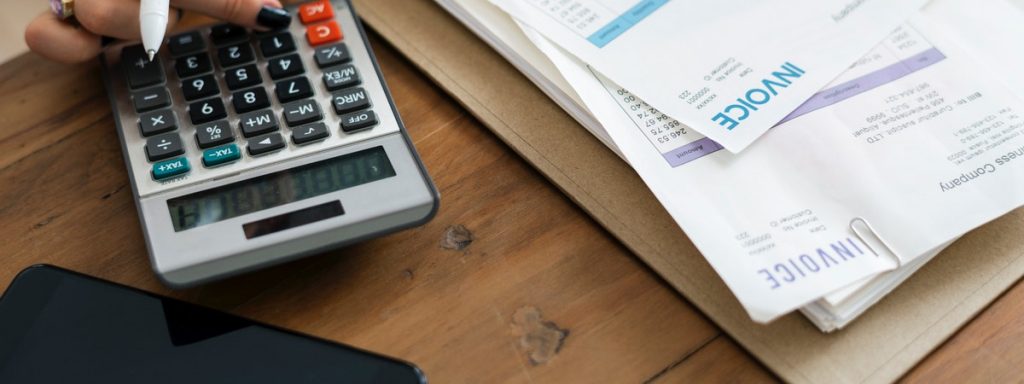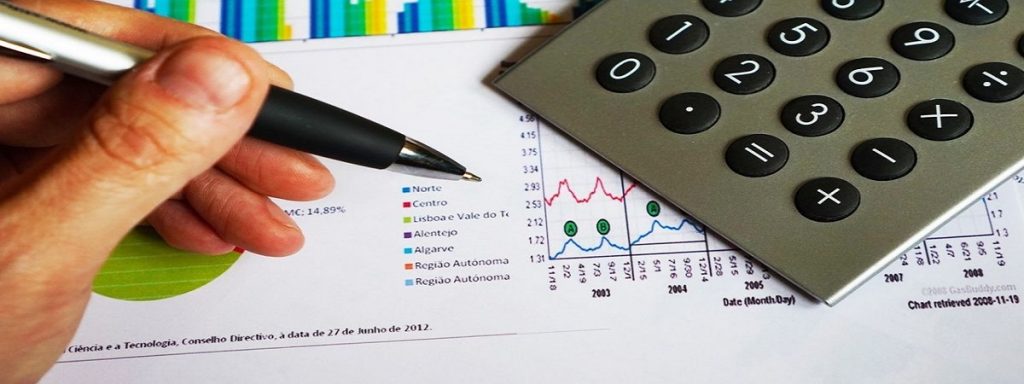No, other countries don’t have credit score systems like the USA; instead, they have their way of assessing creditworthiness. While the credit score system available in other countries isn’t entirely similar to those in the USA, all these systems are identical in their core function.
Key Takeaways
- There’s no universal credit score system so credit scores will vary from one country to another
- Your credit score you have built in the USA has no outcome on your credit score in another country
- The credit card system of the USA takes into account the positive and negative marks on your financial history
- The USA credit score system consists of Payment History (35%), Amount Owed (30%), Length Of Credit History (15%), New Credit (10%), Credit Mix (10%)
- According to the USA’s credit score system any score higher than 720 is considered to be excellent
Quick Facts Regarding Your Credit Score In Other Countries

1. There’s no universal credit score system. Meaning your credit score in one country has no effects on your credit in another country.
2. The USA isn’t the only country globally with a credit scoring system.
3. Usually, the laws of sovereign nations prohibit the sharing of people’s credit scores between countries.
4. Your credit score you have built in the USA has no outcome on your credit score in another country. The US credit score will not help you or harm your opportunity for loan approval.
5. Every country has its system of assessing its borrower’s creditworthiness. Other lenders consider factors like employment, citizenship, and current debt in the loan approval process.
6. Before moving to a new country, research the credit score of that country and ask about the credit-building techniques.
7. It’s advisable to keep some of your US-based credit cards active if you’ve plans of returning to the USA. Ensure you use your credit cards and make all the payments on time.
How Does USA Credit Score Work?

A credit card is the crucial piece of information in the USA that lenders use to determine whether to lend you money or not. But, do you know the factors taken into account when your credit score is being calculated in the US? Well, if not, let’s look more into it;
Credit Score In The USA
The comprehensive credit score system in the USA takes into account the positive and negative marks on your financial history. Also, reported on-time payment plus judgments and bankruptcies. The USA’s three main national credit agencies handle credit reporting, i.e., Experian, Trans Union, and Equifax.
These agencies use your financial data to create a FICO score, developed in 1989 by Fair, Isaac cooperation to serve as a standardized measure, as per FICO’s website. They calculate a score based on the following elements;
1. Payment History (35%): examines if you have made your past credit payments within the timelines.
2. Amount Owed (30%): this amount includes unpaid and credit card debts to your limit ratio.
3. Length Of Credit History: generally, a more extended credit history will result in a high FICO score because it shows you’ve experience with credit before.
4. New Credit (10%): this considers the number of times you have applied for new credit.
5. Credit Mix (10%): It considers your mix of mortgages, credit cards, and other loans.
Several banks and credit providers use the FICO system to produce a score between 300 and 850. Any score higher than 720 is considered to be excellent. Although in April 2017, the USA average national scores reached a record of 700.
These credit reporting agencies gather their information differently, so the FICO scores may vary depending on which bureau gives the data to calculate your scores.
How Do Credit Score Systems In Other Countries Compare?

Before moving abroad, it’s essential to do research and understand the financial system of that country. Check whether that country has credit agencies similar to the ones we’ve in the USA, i.e., Experian, Trans Union, or Equifax. The USA credit scoring is considered moderate. Some countries track more than the US, while other countries don’t track anything at all. For better understanding lets, take a closer look at how some countries’ score credits work.
Canada
Canada has two credit scoring systems that are almost similar to the FICO model used in the USA heavily. These are Equifax of Canada and TransUnion Canada. These Canadian credit reports have information showing every loan you have taken in the last six years. Plus, how much you owe, the credit limits on different accounts, and if you make your payments within the scheduled time.
Canadian credit scores range between 300 to 900. The formula to calculate the scores by the credit reporting bureaus in Canada is secret. However, 27% of the population has a score around 750 to 799. According to Trans Union Canada, a score of 650 is considered good. Anything less may bring challenges in credit application approval.
UK
The UK credit scoring system is almost similar to US ones. There three main national credit reporting agencies are Equifax, Experian, and Callcredit. These financial data are gathered in line with positive borrowing information like making full payment on time and any black marks.
But, the three agencies use a different scoring system to come up with your credit score.
1. Callcredit: they come up with a credit rating between 1 and 5 for any potential borrowers. With 1 being the lowest score and 5 being the highest score.
2. Equifax: their scores range from 0-710. A score above 467 is rated excellent.
3. Experian: their credits scores run from 0-999. A score above 881 is good, and 961 and above is excellent.
So, borrowing in the UK varies mainly on the reporting agencies plus your credit provider lending criteria.
Australia
If you apply for any form of financing in Australia, the lender will check the credit score and request a credit report copy from the reporting agency. They have four credit reporting agencies: Dun and Bradstreet, Experian, Equifax (former Veda), and Tasmanian collection service.
These reporting agencies have their ways of collecting the financial information of their borrowers. For example, Equifax rate all credit active individual out of 1200, a score above 833 is considered superb. On the other hand, Experian uses your financial data to generate a credit score out of 1000.
As much as these agencies use different data to calculate the credit score, they will include the following data;
1. Defaults or court judgments
2. The age of your credit life
3. The amount and type of credit applied in the past.
4. Payment history on your credit accounts
5. All opened and closed accounts
6. Any negative credit listings
Previously, credit reporting in Australia used negative reporting, but since March 2014, a positive credit rating was introduced. Meaning lenders make a balanced assessment of their borrower history by accessing payment history and current account information.
China
Currently, there’s a public register in China that the people’s Bank of China initially created. The Chinese government has plans to take the concept of credit scoring further because many people don’t have a traditional credit history. The information includes a person’s financial information plus social, political history, and legal to create a single number that will run a person.
France
The country lacks the credit bureau tracking traditional credit histories. Instead, France operates more on a blocklist system. The bank of France tracks actions like bouncing a check or committing fraud. Companies with a financial license can access these records since there is no countrywide creditworthiness scale.
India
The country credit reporting system is still underway. In 2000, the Indian government and the reserve bank of India generated Credit Bureau Information India (CIBIL) to collect records of each credit card payment and individual loan.
Now they have partnered with TransUnion to gather information from personal loans, home loans, and credit cards to come up with a score between 300 and 900. The agency reports show that 79% of the loans approved belong to people with CIBIL TransUnion scores of more than 750.
Building Own Credit Score In A Foreign Country
If you move to another country, you will start to build your credit score fresh. But as long as your credit is concerned, you have been given a chance to prove your creditworthiness. It is true building your new credit score all over again can be time-consuming, but it’s much simpler than repairing bad credit.
Conclusion
It’s pretty clear now that a credit card system isn’t present for USA citizens only; other countries have their method of judging creditworthiness. Any US citizen who wishes to begin a new life in any country can do so. The credit system put in place in those countries will help you start afresh.
But, if you are moving to the USA, it’s essential to know that your previous credit score system from your country will not apply. Remember building your credit scores is the only way to get access to different financial services in many countries. Moving away is a chance to prove your worth!
References:
1. https://www.forbes.com/advisor/credit-score/do-other-countries-have-credit-scores/
2. https://www.businessinsider.com/credit-score-around-the-world-2018-8
Last Updated on November 1, 2022 by Magalie D.

Magalie D. is a Diploma holder in Public Administration & Management from McGill University of Canada. She shares management tips here in MGTBlog when she has nothing to do and gets some free time after working in a multinational company at Toronto.





